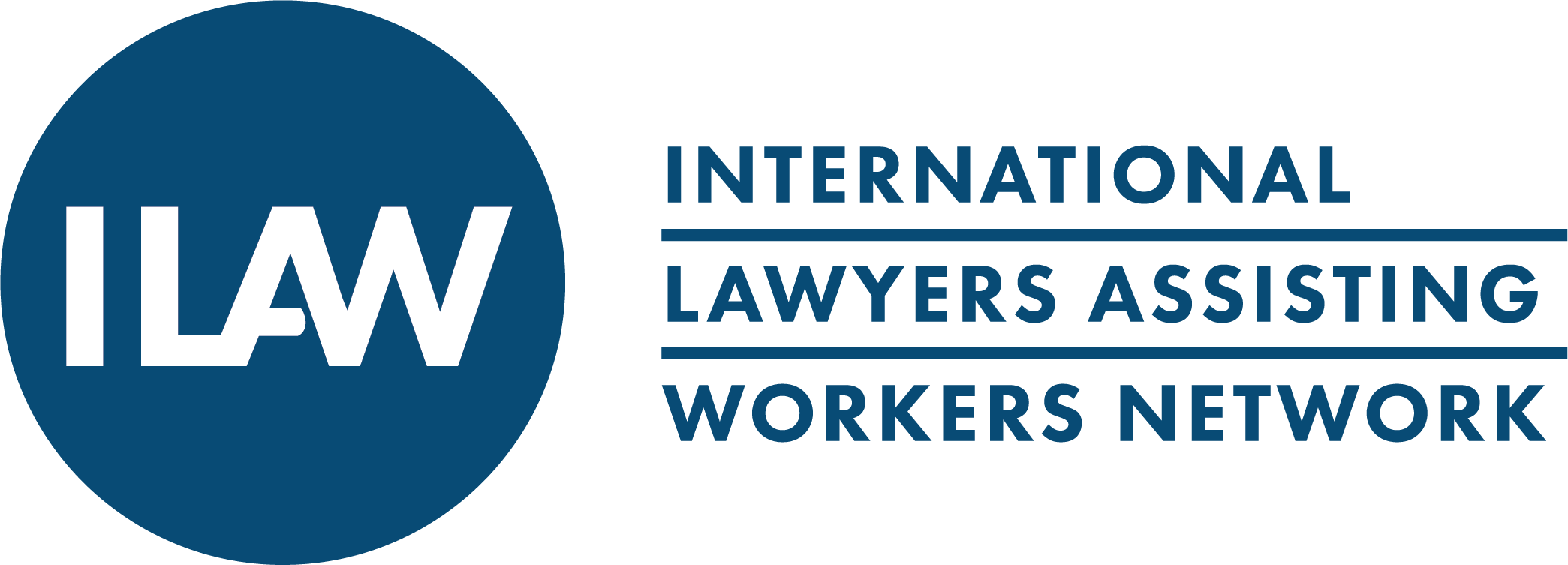“1861 Revisited In 1861, the United States went to war over the question of whether economic benefits for the Southern elite could justify enslaving Africans. Slavery’s proponents focused on the …
“1861 Revisited In 1861, the United States went to war over the question of whether economic benefits for the Southern elite could justify enslaving Africans. Slavery’s proponents focused on the …
“Canadians working to promote human rights accountability for multinational businesses have long looked to Alien Tort Statute (ATS) litigation in the United States with a mixture of admiration and envy. …
“This Term’s consolidated cases Nestlé USA v. Doe and Cargill v. Doe show how the Supreme Court has gone wrong in applying the Alien Tort Statute (ATS) and offer a chance for correction. …
“The amicus brief by international law scholars, former diplomats, and practitioners in Nestlé USA, Inc. v. Doe I, filed Oct. 21, 2020, rightfully argues that secondary liability in the form of aiding and abetting …
“The Supreme Court will face difficult questions about the reach of the Alien Tort Statute (ATS) as it hears oral argument in Nestlé USA, Inc. v. Doe I on Dec. 1st. Fortunately, …
“Slavery is among the oldest prohibitions under international law. In Nestlé USA, Inc. v. Doe I, slated for oral argument on Dec. 1st, however, the Supreme Court will consider whether to exempt …

The Surprisingly Broad Implications of Nestlé USA, Inc. v. Doe for Human Rights Litigation and Extraterritoriality
“In Nestlé USA, Inc. v. Doe, the U.S. Supreme Court took up the question of corporate liability for human rights violations under the Alien Tort Statute (ATS) for the third time. …